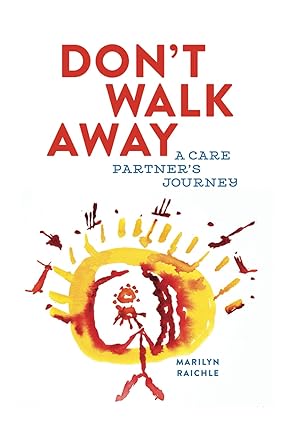
Can Ultrasound Therapy Outwit Alzheimer’s Plaque?
A new study shows ultrasound improves memory even when amyloid plaque levels don’t improve. (Amyloid is the culprit behind Alzheimer’s.) Could ultrasound be the missing piece in the Alzheimer’s puzzle?




























